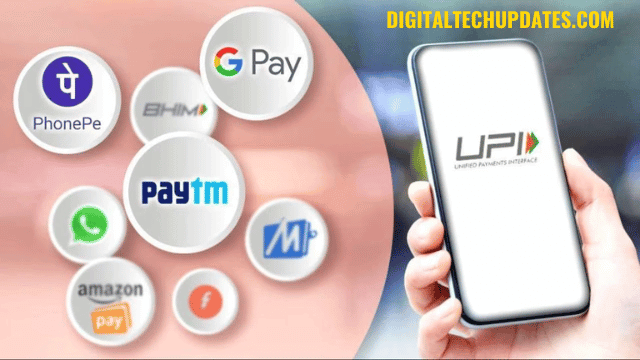The Unified Payments Interface (UPI) has emerged as a game-changer in the constantly upgrading field of digital transactions, revolutionising how businesses conduct their financial operations. Payment orchestration has become essential for businesses to streamline their UPI payments and improve overall transaction efficiency as the digital economy continues to thrive.
The Rise of UPI Payments for Business
In India’s digital payments environment, UPI has established itself as a household name. Peer-to-peer transaction simplification was the original goal of UPI, which has since expanded to fulfil business needs. Its quick and seamless fund transfers have made it a preferred choice for businesses of all sizes, enabling quicker payments and cutting down on transactional delays.
Moreover, UPI payments have elevated the security of transactions. The 2FA (two-factor authentication) for UPI transactions has reduced the risk of fraudulent activities and unauthorised transactions. It ensures the safety of sensitive financial information.
Small and medium-sized businesses (SMEs), who previously battled with complicated payment systems, now have fewer entry obstacles due to their user-friendly interface and universal acceptance. Additionally, UPI’s compatibility guarantees that users can start transactions from any app that supports it, creating a seamless experience for both customers and companies.
Also read:The Market of Online Payments in Fintech
The Essence of Payment Orchestration
Amid the growing popularity of UPI payments for businesses, payment orchestration has emerged as a pivotal tool to enhance transactional efficiency. Payment orchestration refers to the strategic management of payment processes by integrating various payment methods, gateways, and processors into a single cohesive platform. This allows businesses to optimise their payment flows, improve success rates, and offer a consistent experience to their customers.
Payment orchestration streamlines the payment process by intelligently routing transactions through the most suitable payment channels. Let us consider an instance where a UPI transaction fails. In such scenarios, the payment orchestration platform is able to redirect the payment automatically through an alternative method, such as credit or debit cards, to ensure the transaction’s success. This level of adaptability reduces the chances of payment failures and enhances customer satisfaction.
Impact of Payment Orchestration on Modern Transactions
The impact of payment orchestration on modern transactions, especially UPI payments for businesses, is profound. Here are some key ways in which it has transformed the landscape:
- Enhanced Reliability: Payment orchestration minimises the risk of transaction failures by intelligently rerouting payments through alternative channels when issues arise. This reliability is of paramount importance in ensuring smooth business operations and customer trust.
- Improved Customer Experience: In the era of instant gratification, customers expect seamless and swift transactions. Payment orchestration ensures that payments go through smoothly, preventing delays that could frustrate customers and lead to abandoned transactions.
- Optimised Costs: By selecting the most cost-effective payment options and processors, payment orchestration can assist in lowering processing fees and operational costs. This is especially advantageous for businesses that handle a lot of transactions.
- Scalability: The growth of a business is directly proportional to it’s payment processing needs. Payment orchestration systems are designed to scale seamlessly, accommodating increased transaction volumes without compromising on performance.
- Centralised Management: Payment orchestration provides businesses with a centralised platform to manage and monitor their payment flows. This makes tracking transactions, analysing data, and making informed decisions to optimise payment strategies easier.
- Flexibility and Innovation: Payment orchestration allows businesses to experiment with new payment methods and technologies without the need for extensive integration work. This fosters innovation and keeps businesses at the forefront of evolving payment trends.
Also read: Procrastinator’s guide to online payments
Conclusion
In conclusion, UPI payments for businesses have gained significant traction in the modern economy, offering speed, convenience, and accessibility. However, the efficiency of these transactions can be further amplified by incorporating payment orchestration solutions. By seamlessly integrating various payment methods and routes, payment orchestration ensures that transactions are processed reliably, enhancing customer experience, reducing costs, and accommodating business growth.
As digital transactions continue to reshape the global economy, businesses that harness the power of payment orchestration alongside UPI payments will be better positioned to thrive in the competitive marketplace. The harmonious synergy of UPI and payment orchestration paints a promising picture for the future of seamless, efficient, and customer-centric transactions.




